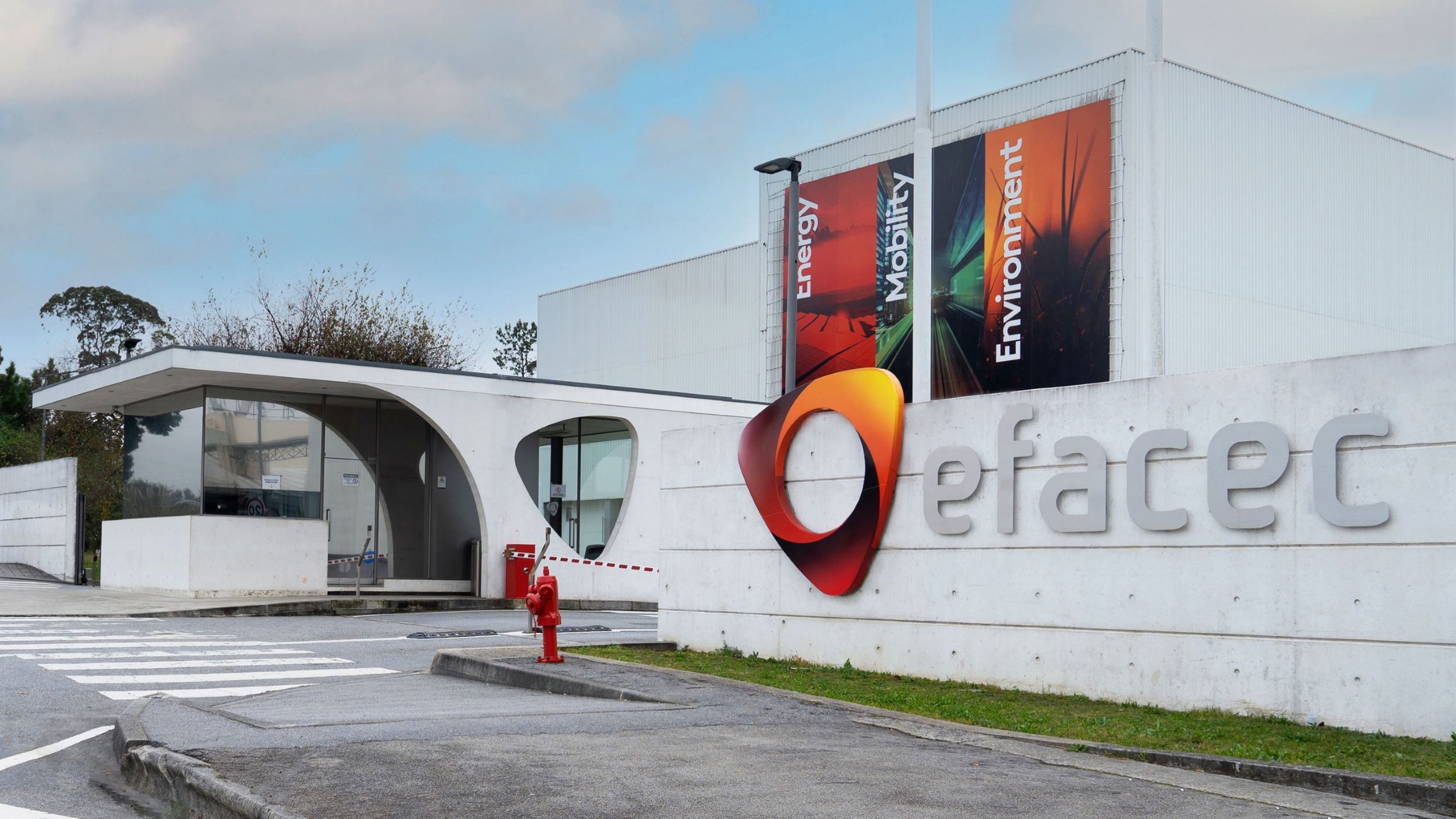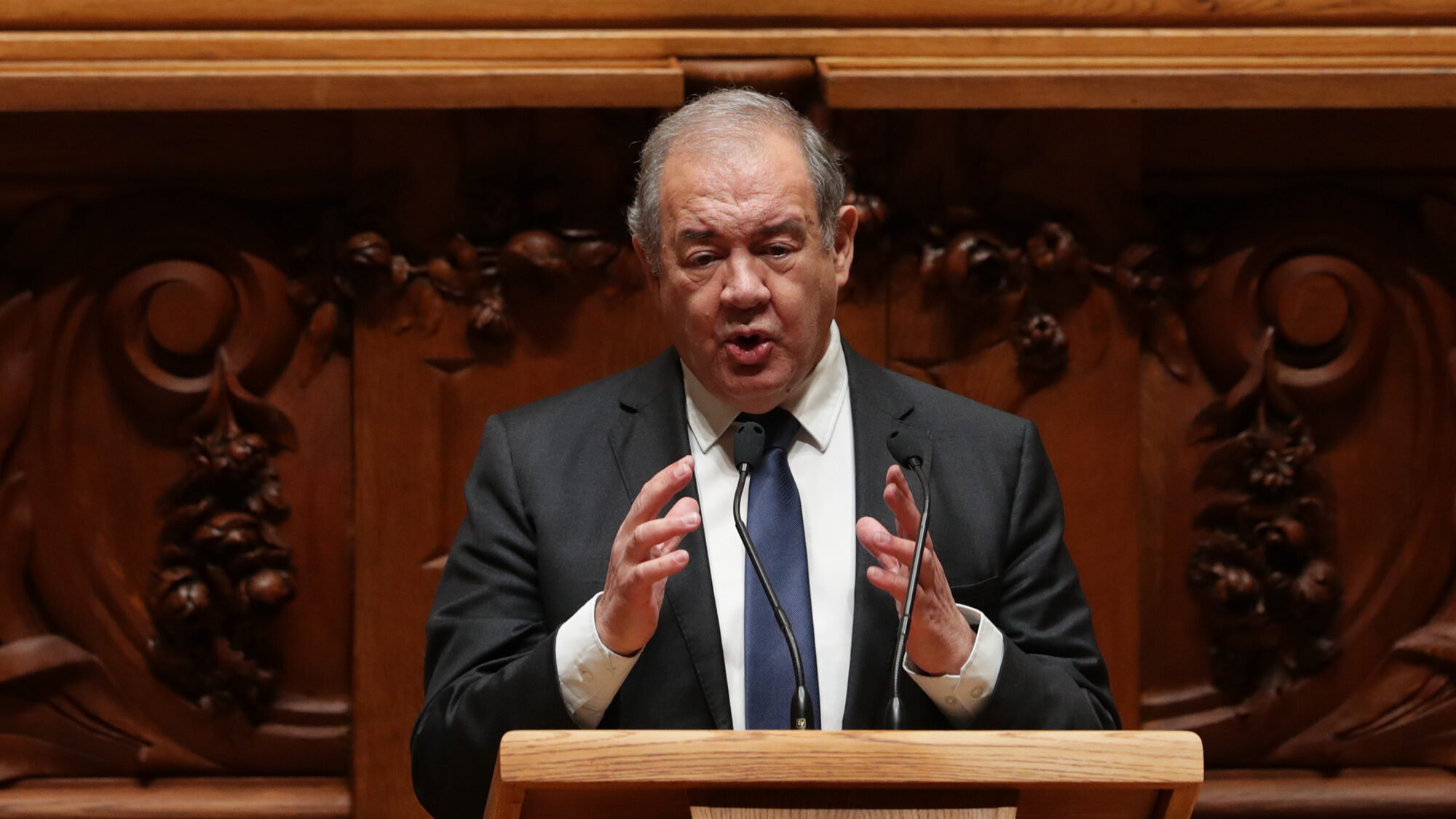Government fails to sell Efacec to DST
Efacec's reprivatisation comes to an unsuccessful end 27 months after its nationalisation and eight months after the approval of its sale to DST.
Portugal’s government is preparing to announce the failure of the sale of Efacec to DST eight months after the deal was approved by the Council of Ministers, according to sources familiar close to the process. The agreement’s conclusion under the terms defined – namely financing from the Banco de Fomento for €100 million at 20 years and 1.5% interest – still depended on approval from the Directorate General of Competition (DGComp) outside of the state aid regime but this demand from DST itself was not approved in the negotiations between the government and the European Commission.
Efacec’s reprivatisation comes to an unsuccessful end 27 months after its nationalisation and eight months after the approval of its sale to DST. As ECO revealed first-hand, the deal had been at risk for months.
The financial consequences of this outcome for the state are still hard to identify. Soon after the nationalisation process, Efacec was granted a 70 million euro loan through a banking syndicate and received a 63 million euro guarantee from Norgarante, now part of Banco Português de Fomento. But despite the government anticipating this would be a quick process, the company’s financial situation has been deteriorating. And to safeguard the company’s continuity, a €45 million loan was granted at the end of 2021 under a public guarantee. As the ratios associated with the guarantee were not met, the banks could execute the guarantees, but they are also awaiting a decision from the government. In between, Efacec reported €183.9 million in losses in 2021 and more than 55 million in the first half of this year.
ECO questioned the Ministry of Finance about the end of the reprivatisation process and the alternatives now facing the state as Efacec’s shareholder but did not receive any response. The government is still expected to announce the outcome of this process after the parliamentary debate on the draft Budget, which ends this Thursday. This afternoon, in Parliament, the Minister of Economy, António Costa Silva, was laconic, but made clear the outcome, because, unlike other statements, he did not refer to the sale to DST. “We are approaching the stage when we have to make decisions. The government is collecting all the elements, and soon we will take a public position. The important thing is to find a solution for the company that has technology, has workers that develop multiple activities, and can play a role in electric mobility and others.
As ECO revealed last October 13, Portugal had not yet officially notified Brussels of the sale of Efacec to DST. The pre-notification of the deal, a usual process in this type of operation, was delivered in May, and since then, months of intense technical negotiations have followed. The government had been counting for weeks on a response from DGComp to complete the deal, but time ran out without validation from Brussels in the terms required by DST. Already this week, the contract for the sale of Efacec no longer has an automatic renewal, requiring new negotiations and signatures from the parties. This timing, coupled with Brussels’ position and the increasing degradation of the company’s operational and financial conditions, dictated the end of the process.


